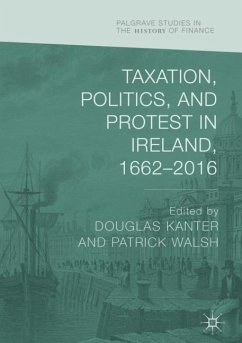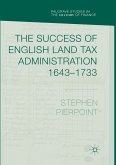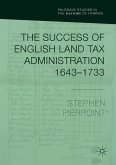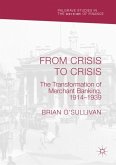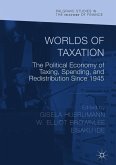This book examines the politics of taxation in Ireland between the seventeenth and twenty-first centuries. Combining political, economic, and policy history, it contributes to a growing interdisciplinary literature on public finance, while also providing context for the ongoing debate on taxation and austerity in post-Celtic Tiger Ireland. Taxation, Politics, and Protest in Ireland illuminates a neglected aspect of Irish history, and will be of interest to scholars, policymakers, and members of the public who wish to understand a subject that is central to the modern Irish experience.
"This is an excellent and important book. Kanter and Walsh do an able job as both writers and editors, and ensure that several significant themes are capably developed across multiple essays. As a result, this volume makes a significant contribution to our understanding of the history of taxation in Ireland and invites further research." (Karen Sonnelitter, Eighteenth-Century Ireland, Vol. 34, 2019)
"The book is very well compiled, the panel of contributors well chosen and it reads coherently-aided by the chronological order of studies. ... This provides us with a very clear and detailed illustration of the maxim in the introduction that 'taxation is first and foremost a political issue', and that the formulation and implementation of taxation initiatives are determined politically rather than forideological or philosophical reasons." (Ciarán Mac an Bhaird, Studia Hibernica, Vol. 45, 2019)
"The book is very well compiled, the panel of contributors well chosen and it reads coherently-aided by the chronological order of studies. ... This provides us with a very clear and detailed illustration of the maxim in the introduction that 'taxation is first and foremost a political issue', and that the formulation and implementation of taxation initiatives are determined politically rather than forideological or philosophical reasons." (Ciarán Mac an Bhaird, Studia Hibernica, Vol. 45, 2019)

